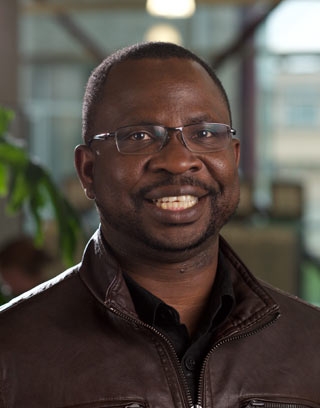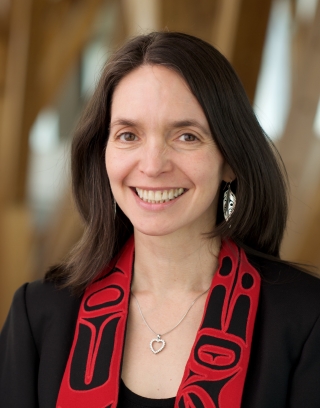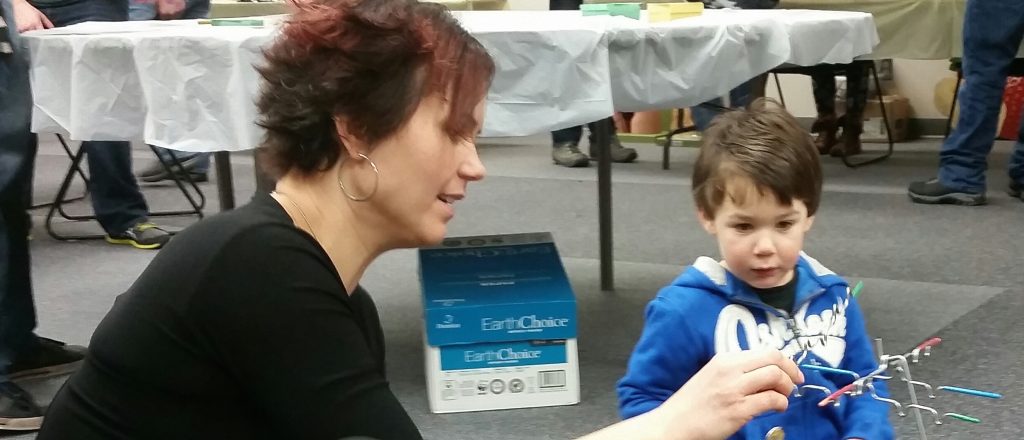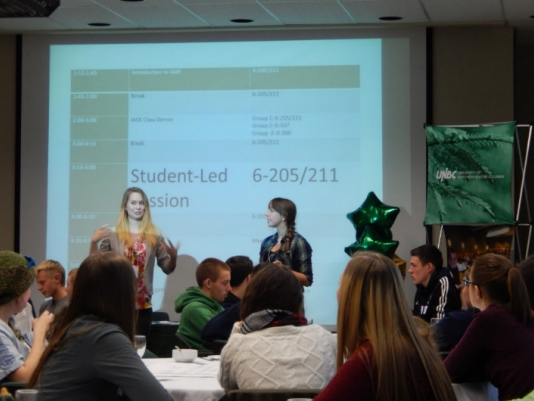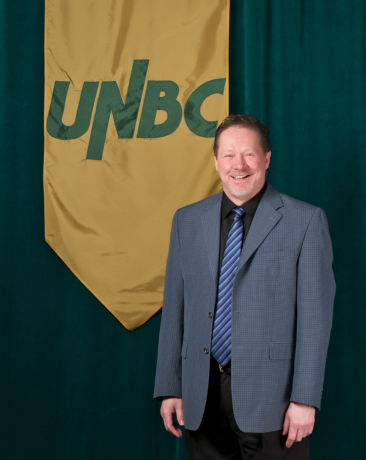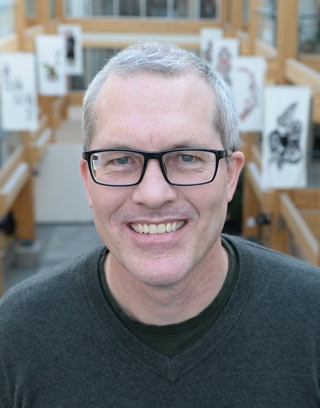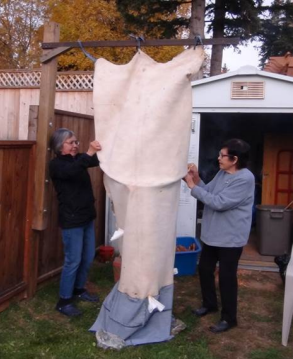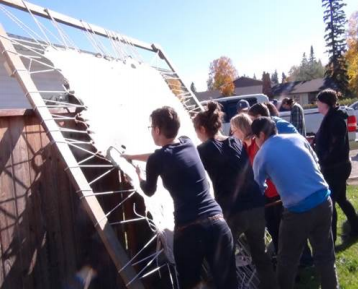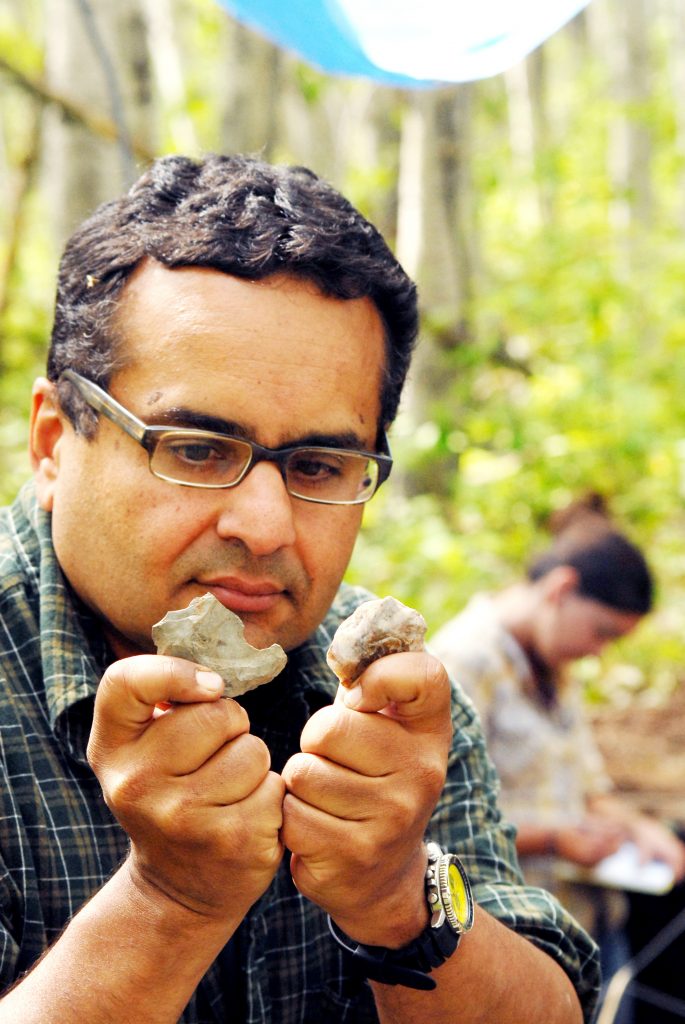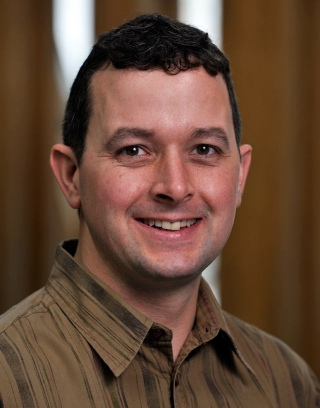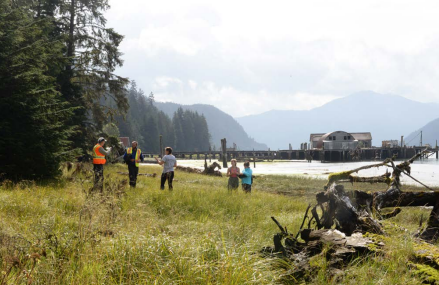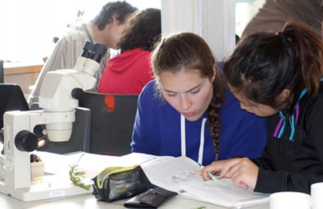Julius Bankole
Lecturer, School of Business
Julius designed an online first year course – COMM 100 – Introduction to Canadian Business with recorded lecture videos to meet the needs of students in the regions and working students that could not make it to classes on UNBC campus.
In the past four years, this online course via lecture videos has been offered to over 150 students across northern regions and beyond. Students’ final exams are proctored at the nearest UNBC campus or at any approved proctor centers in British Columbia and Alberta.
